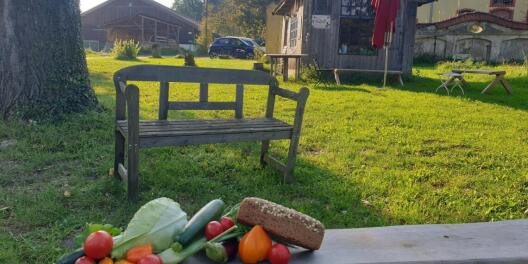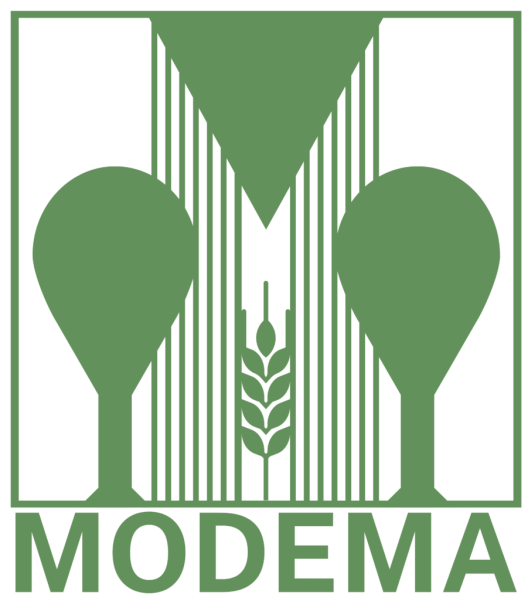
PerPlacsBio
Perspectives of biobased and decomposable plastics in agriculture and forestry. Knowledge buildup, analysis & solutions regarding user views, product properties and competencies of companies
The aim of PerPlacsBio is to investigate the potential for reducing plastic use and long-term plastic persistence, while at the same time strengthening awareness and knowledge regarding the sustainable use of (bio-)plastics. The project is conducted as a collaborative initiative. The NOVA Institute provides the foundational knowledge for decision-making, for example on the appropriate application of bioplastics, while the University of Münster and the University of Applied Forest Sciences Rottenburg take the lead in conducting surveys and interviews in the agricultural and forestry sectors. In cooperation with practitioners, industry actors and other stakeholders, the feasibility of proposed measures and alternatives will be examined and discussed through participatory formats. The results of the project will be made publicly available in a user-friendly and clearly structured database.
Project lead: Dr'in Cornelia Steinhäuser und Dr'in Friederike Gabel
Project duration: Nov 2025 - Sept 2027




